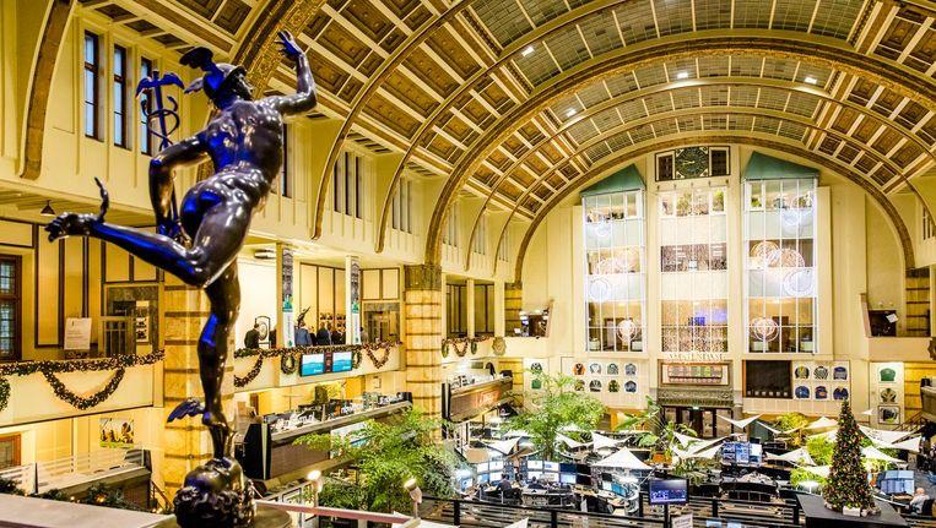For the Dutch version, click here. They are two companies you don't often think about, but they are essential to your daily life. Every time you


In this article Mathijs Bouman talks about the technological developments and the fear of the increasing unemployment rate. Yet in 2015, should we be concerned about the combination of computers and machines?
Against all rules in writing, I’m starting this article with a long quote:
“A new era of production has begun, with new organizational principles that are as different as the industrial age differed from the agricultural age. The combination of the computer and the automatic, self-regulating machine will result in a system with virtually infinite capacity, for which fewer and fewer human labor is required. When machines take over the production of mankind, they will absorb a growing share of available resources, while the redundant people become dependent on minimum social security. “
This is an extremely disturbing vision, but perhaps somewhat cumbersomely described. Here is a more compact citation with the same effect:
“Automation means that we need a new economic model. A future with virtually unlimited production for the consumption of those who can still afford to buy anything, is a recipe for economic and social collapse. “
You understand the message. The robots will steal your job. You become unemployed and poor, while the owner of the robot factory will become extremely rich. The second quote is from Robert Reich, the former secretary of labor under Bill Clinton. He wrote a panicky article on the website of the World Economic Forum. The first quote is from an earlier date. It comes from an open letter from 35 leading American scientists, journalists and trade union leaders sent to the US president. The name of that president was Lyndon B. Jonson in 1964.
Since then half a century has passed, where technology is still developing a lot faster than the 35 prominent people could have ever imagined. But mankind did not become redundant. Technological advances destroyed jobs but created new, better paying jobs in return. The unemployment rate has not increased, but prosperity did. Yet in 2015 we are again concerned about the combination of computers and machines. Fear of technological progress is apparently part of human nature. The simple idea of robots stealing our jobs fits well within our primitive fears, while the opposite is difficult to prove.
Two economists recently did a brave attempt. Georg Graetz from Uppsala University and Guy Michaels from London School of Economics, gathered data on robotics, productivity and jobs for seventeen and fourteen sectors, respectively. Their dataset describes the developments between 1993 and 2007 and relates only to robots in industry.
In the Netherlands robot development is lagging behind. The researchers define the “robot density” of a country as the number of industrial robots per million of hours worked. In the Netherlands, the ratio in 2007 was 0.79. There are few countries that score lower. Spain is at 1.6, in Germany the ratio is even 4.4. This is due to the car industry in these countries. Nowhere else the robot density is this high.
Did countries with high robot density loose many jobs? No, is the obvious answer of the researchers. They find no relationship between robot density and the number of hours worked, however there is a clear relationship with economic growth. More robots leads to greater prosperity. Without increased robotics we would have missed an average 0.36% points of economic growth since 1993. A tenth of the economic growth in this period is due to robotics.
Are there no losers? Maybe there are. The researchers found no hard evidence, but clues indicate that low-skilled workers have had to suffer from the rise of the robot. This loss will be offset by new jobs for graduates. Education and training are therefore essential to combat the negative aspects of technological progress. But that’s nothing new and certainly no reason to panic.
Source: http://fd.nl/economie-politiek/1097476/de-robot-komt-geen-banen-halen-maar-komt-welvaart-brengen
This article is translated by the editors of Faces Online






















